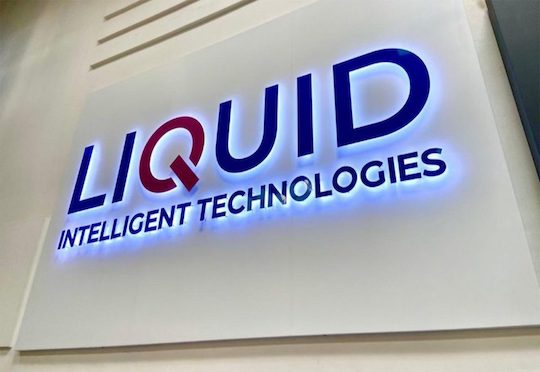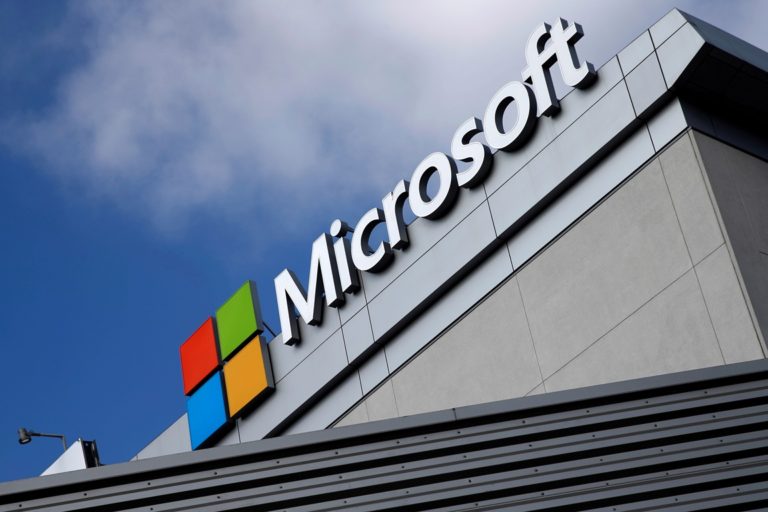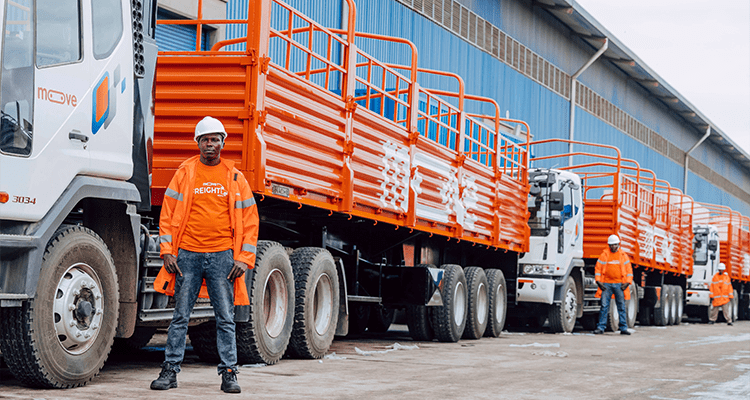Liquid Intelligent Technologies Partners With Microsoft to Bring the Internet to 20 Million People in Africa

Microsoft has unveiled a variety of fresh initiatives with the goal of boosting digital development, skill development, and infrastructure in the world’s Least Developed Countries (LDCs).
By 2025, the IT behemoth will work with Liquid Intelligent Technologies to provide internet access to 20 million more people in Africa. Through this collaboration, Microsoft’s Airband Initiative, which seeks to provide those without it with high-speed connectivity, will be expanded to untapped and underserved regions, including LDCs like the Democratic Republic of the Congo and Zambia.
In addition, Microsoft is working with Synapse, the International Organization of Employers, and four LDCs to train 20,000 young people, women, and business owners in digital, business, and employability skills. The rising digital economy will require more resources to protect, thus the corporation is putting its efforts into expanding the cybersecurity skill pool, including in Africa.
In order to better assist farmers on the ground, Microsoft is also working with OCP Africa to scale its Digital Agriculture Platform, which provides fertilizer solutions tailored to regional conditions and the requirements of soils and crops throughout Africa. By 2030, the alliance will assist 40 million African farmers and agribusiness owners.
The United Nations’ LDC5 Private Sector Forum, which will examine how digital development might hasten sustainable development for LDCs, precedes Microsoft’s initiatives. In LDCs, where only 36% of the population now accesses the internet, there are 880 million people who can benefit from opportunities created by the private sector. An important component of these initiatives is the company’s continued dedication to the UN’s mission.
Microsoft’s initiatives are meant to help LDCs, which make up 13% of the world’s population but only make up 1.5% of the global GDP and less than 1% of global trade, overcome their social, economic, and environmental problems. Microsoft aims to further the UN’s objective of accelerating sustainable development in LDCs through growing digital infrastructure, digital skilling, and digital development.







